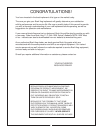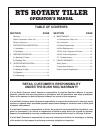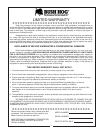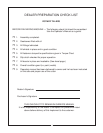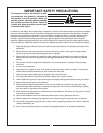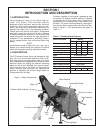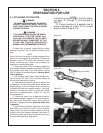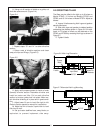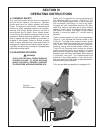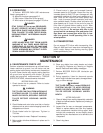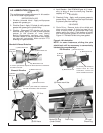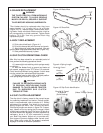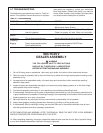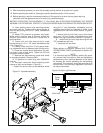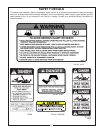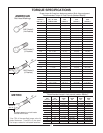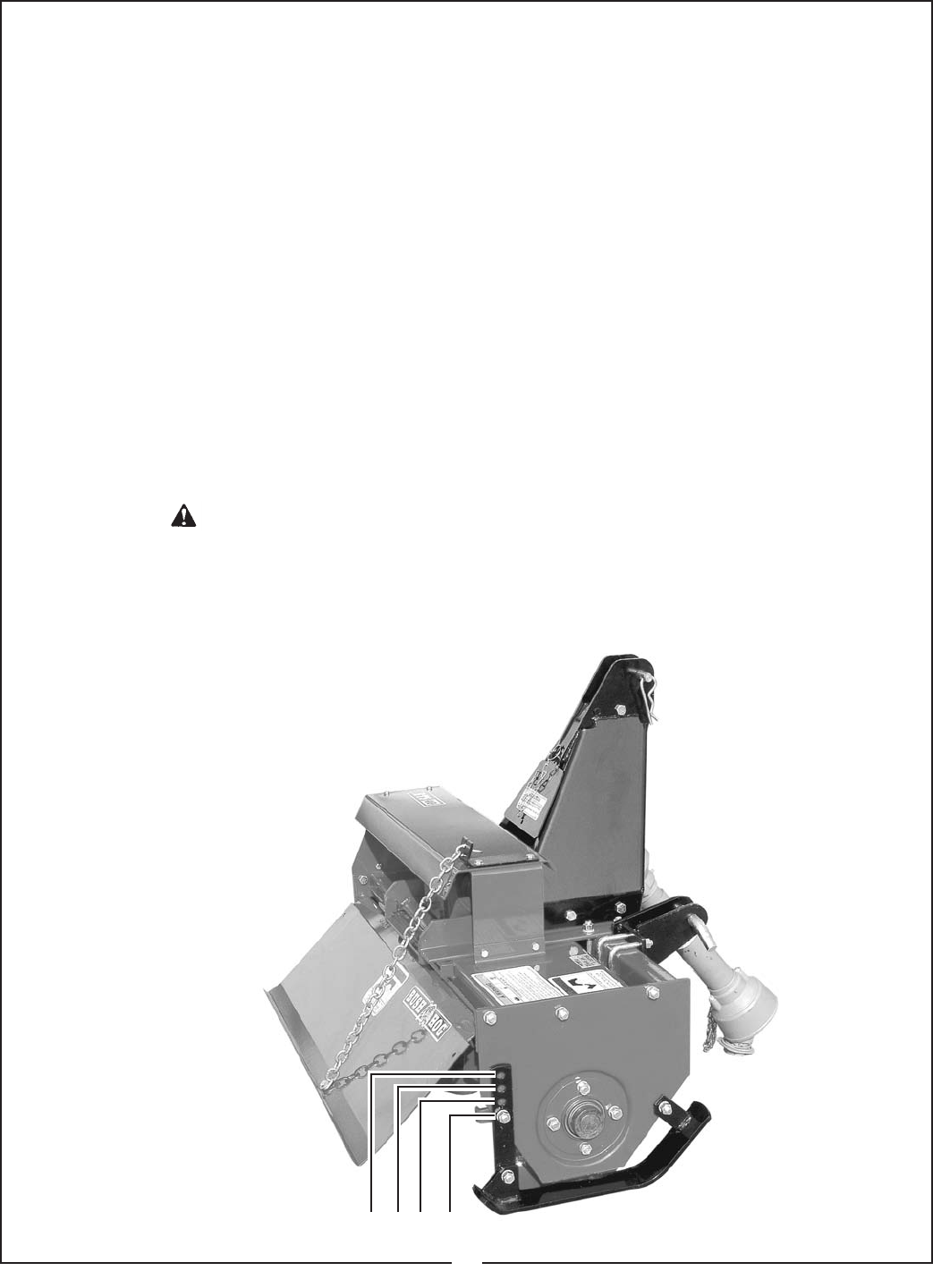
9
Figure 3-1
Skid Adjustment
1” 2” 3” 4”
SECTION III
OPERATING INSTRUCTIONS
3-1 GENERAL SAFETY
Only qualified people familiar with this operator’s
manual should operate this machine. Operator
should wear hard hat, safety glasses, and safety
shoes. The operator should read, understand and
practice all safety messages shown on the caution,
warning, and danger decals affixed to the tiller to
avoid serious injury or death. Use a rollover protec-
tive structure and seatbelt equipped tractor for all
operations. Before beginning operation, clear work
area of objects that may be picked up and thrown or
wrapped in tiller blades. Check for ditches, stumps,
holes, or other obstacles that could upset tractor or
damage tiller. Always turn off tractor engine, set park-
ing brake, and allow rotor to come to a complete stop
before dismounting tractor.
3-2 ADJUSTING FOR WORK
Depth of till is regulated by moving adjusting bolt
and adjusting skids up or down. (Figure 3-1) The
holes in the adjusting plate are in 1 inch increments
with the bottom hole being a 4 inch tilling depth.
Average soil with reasonable moisture will allow
depth of 4 inches in one pass with a tractor forward
speed of 2 mph. Heavy or packed soil may require
two passes to reach 4 inch depth. Using multiple
passes, a maximum depth of 7 inches may be
obtained.
Tractor forward speed and rear shield adjustment
(Figure 3-1) will regulate the finished results or tilth
of the soil. Traveling at the slowest forward speed
with the rear shield fully lowered will give finest pos-
sible finish. This shield adjustment is good for
mulching, mixing, and burying weeds, fertilizer, etc.
Tilled soil will become more coarse as forward
speed and shield height are increased. To leave
ground surface rough with larger clods and residue
exposed, work with shield fully raised. When working
in extremely rocky soil, It is recommended that
shield be in the raised position. A slip clutch avail-
able from your Bush Hog dealer is recommended for
extreme working environments.
Tiller may be offset as described in paragraph 2-2.
THE TILLER CAN FALL FROM HYDRAULIC
SYSTEM FAILURE. TO AVOID SERIOUS
INJURY OR DEATH, SECURELY SUPPORT
TILLER BEFORE WORKING UNDERNEATH.
WARNING



